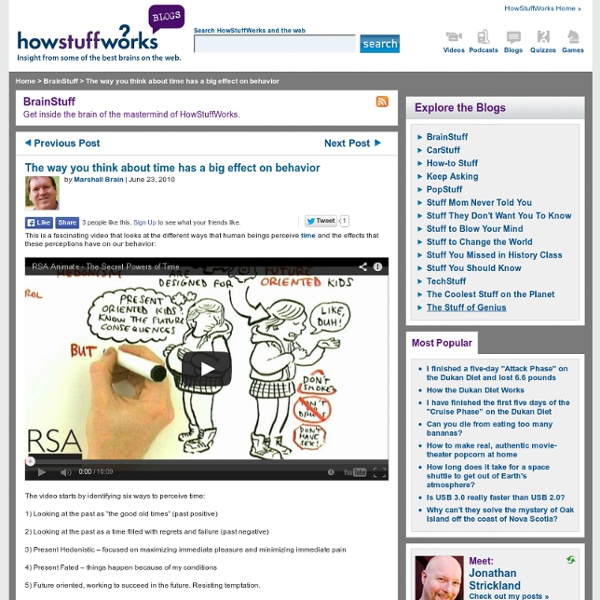60 of the world's happiest facts
1. A group of flamingos is called a flamboyance. 2. If you fake laugh long enough you’ll start to really laugh, really, really hard. 3.
answers your Kindle Fire questions
No matter how inexpensive Amazon.com makes its , it's no good to you if it doesn't do what you want. In this blog post, I'm rounding up all the questions I've received from CNET readers about the Kindle Fire and answering them to the best of my knowledge. If you see something we missed, be sure to keep the conversation going in the comments section. Should I be worried about how the Kindle's Silk Browser uses my data? Not particularly. Amazon insists that all of the information it processes to make Silk work is kept completely anonymous, both coming and going.
Does your heart stop when you sneeze? (Everyday Mysteries: Fun Science Facts from the Library of Congress)
A sneeze begins with a tickling sensation in the nerve endings that sends a message to your brain that it needs to rid itself of something irritating the lining of your nose. You first take a deep breath and hold it, which tightens your chest muscles. The pressure of air in your lungs increases, you close your eyes, your tongue presses against the roof of your mouth and suddenly your breath comes out fast through your nose. So where did the myth originate that your heart stops when you sneeze? The changing pressure in your chest due to sneezing also changes your blood flow, which may change the rhythm of your heartbeat.
Alzheimers Patient "Awakens"
To watch Henry—an elderly man who has spent over ten years in a nursing home, barely able to answer yes or no questions—come alive when listening to music from his past is a reminder of the powerful, inspiring, and affecting power of music. A new documentary, Alive Inside, follows the “awakening” that occurs when people suffering from memory loss and Alzheimer’s are given music they have a strong emotional connection to — often, music they grew up with. In the clip, Henry is barely responsive before one of his caretakers puts headphones on him and starts up one of his favorite tunes. Almost instantly, we see Henry swaying from side to side and singing, his eyes wide open. “The philosopher Kant once called music the ‘quickening art.’
Basic Electronics
{*style:<b> Get a quick start by scrolling down to the introduction below this menu table. Basic Electronics - Course Table You are at the best, free online "Basic Electronics Course".
Illustrations Of Unusual And Rarely Spoken Words
Recumbentibus—A knockout punch, either verbal or physical. The Irish illustration duo of James and Michael Fizgarald, or also known as The Project Twins, have come up with a series of illustrations that visually represent rarely spoken and heard of words. In their series called ‘A-Z of Unusual Words’, the meaning of the words have been visually defined in the form of a whimsical poster—which can be purchased on their website.
PBS
Can Wind Turbines Make You Sick? Residents living in the shadows of wind turbines say the sound is making them sick. But so far the science isn't there. From NOVA Next | Jun 27, 2018 Thirty Years Ago Today, Global Warming First Made Headline News
The 10 Best lecture Series - Arts & Books - IndyBest
£25, intelligencesquared.com Possibly the world's premier debating forum, Intelligence Squared pull in the biggest names with the sharpest minds around. 2. Do Lectures dolectures.com Do is all about interesting people.
The Publishing Process in GIF Form
At first you're thinking of writing a novel and you're all... But then you have an idea! And you go... But then you hit page 50 and you're all....
Cinderella - Brothers Grimm
Brothers Grimm, translated by Margaret Taylor (1884) Cinderella is one of some 209 of the most famous fairy tales collected by Jacob (1785-1863) and Wilhelm Grimm (1786-1859), and first published in 1812. This tale has been particularly popular in all of its many forms and adaptations. The character has become an archetypal rags-to-riches figure. Many young girls/women have dreamed of becoming a modern Cinderella; and other writers have used the archetype to bring the original Cinderella to life. The wife of a rich man fell sick, and as she felt that her end was drawing near, she called her only daughter to her bedside and said, "Dear child, be good and pious, and then the good God will always protect thee, and I will look down on thee from heaven and be near thee."
2012 March 12 - The Scale of the Universe Interactive
Discover the cosmos! Each day a different image or photograph of our fascinating universe is featured, along with a brief explanation written by a professional astronomer. 2012 March 12 The Scale of the Universe - Interactive Flash Animation Credit & Copyright: Cary & Michael Huang Explanation: What does the universe look like on small scales? On large scales?



